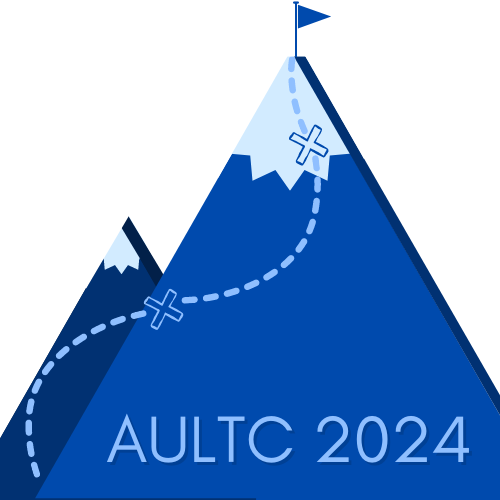The Learning and Teaching Enhancement Unit is pleased to announce this year’s Annual Learning and Teaching Conference speaker.
Professor Lisa Taylor from the University of East Anglia will be joining us to present on employability in the curriculum. Lisa is Professor of Employability and Learning Innovation and Associate Dean for Employability for the Faculty of Medicine and Health.

Lisa is an Occupational Therapist by background with ten years of clinical experience within the NHS whilst also completing her MSc and PhD.
For the last twelve years Lisa has worked in higher education as a lecturer within the Occupational Therapy academic team at the University of East Anglia. Lisa has held employability leadership roles alongside her lecturing role for eleven of those years, initially as employability director for the School of Health Sciences and then as Associate Dean for Employability for the Faculty of Medicine and Health Sciences.
Lisa is passionate about employability and learning innovations, maximising the impact for students/learners, academic colleagues, and external partners. A prestigious Advance HE National Teaching Fellowship (NTF) was awarded to Lisa based on her sustained ability to facilitate and influence quality student learning.
Lisa has helped developed the wider employability agenda through supporting and engaging with colleagues locally, nationally, and internationally, impacting on student learning outcomes and experience, through teaching, strategic initiatives and learning innovations. The award of an NTF positions Lisa as a sector leader in employability and learning innovations. Lisa publishes and presents widely, helping to steer the national conversation about employability.
One of Lisa’s learning innovations is the Peer Enhanced e-Placement (PEEP). Lisa has won multiple awards for the pioneering PEEP and has published a book based on its design and delivery principles, Constructing Online Work-Based Learning Placements: Approaches to Pedagogy Design, Planning and Implementation. The PEEP will be presented as part of Lisa’s keynote lecture.
The Learning and Teaching Conference will be taking place between 10 and 12 September. Colleagues are welcome to submit proposals and bookings are now open.





